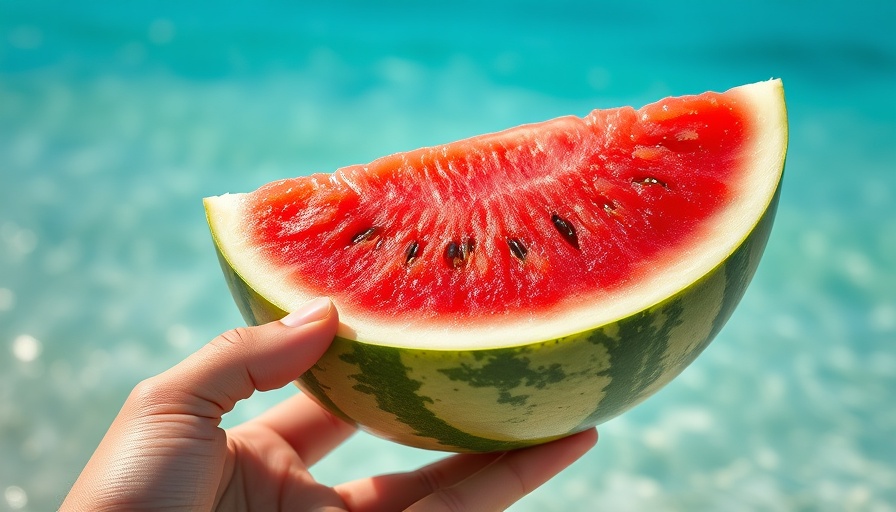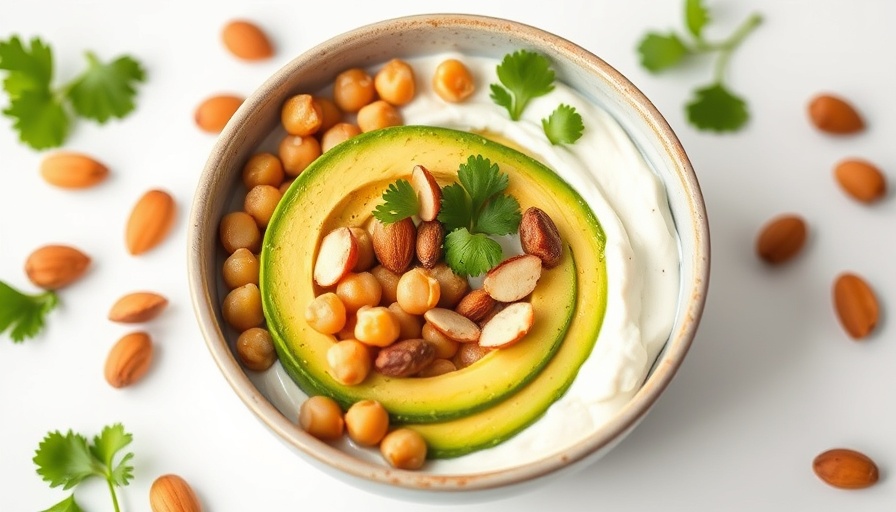
The Alarming Reality of Ultra-Processed Foods and Your Health
As we navigate our fast-paced lives, ultra-processed foods (UPFs) often end up as convenient staples in our diets. From sugary snacks to quick meals, the prevalence of UPFs continues to rise, making up about 70% of the food supply in America. However, recent research sheds light on some troubling implications of these foods, suggesting that they may significantly impact our health and longevity.
Understanding the Research Findings
A comprehensive study tracking over 540,000 American adults for nearly 30 years raised some serious questions about our eating habits. The findings reveal that those who consumed high amounts of UPFs were at a substantially greater risk of early death—up to 10% higher than those with lower UPF consumption. This elevation in risk extends beyond mortality; it also correlates with serious health conditions, including type 2 diabetes and heart disease.
Notably, processed meats contributed significantly to these risks, with an associated 11% increase in diabetes and a 7% increase in colorectal cancer. Additionally, sugar-sweetened beverages posed risks of their own, contributing to an 8% increase in diabetes and a 2% rise in heart disease. These findings aren't just numbers; they reflect a concerning trend in our food choices that calls for immediate attention.
What's in an Ultra-Processed Food?
But what exactly qualifies as an ultra-processed food? The NOVA classification system segments food based on how much processing it undergoes. As Jessica Cording, a registered dietitian, explains, “Ultra-processed foods are often high in sugar, unhealthy fats, and salt, while being low in essential nutrients. They are designed for convenience, not health.” Examples include packaged snacks, sugary sodas, and pre-made meals.
The Need for Change: Reducing UPFs in Our Diet
The implications of the study highlight a pressing need for individuals to re-evaluate their dietary habits. While the convenience of UPFs makes them tempting, the health risks associated with long-term consumption are alarming. Experts like Keri Gans, a registered dietitian, advocate for a balanced approach toward eating, encouraging individuals to focus on whole, minimally processed foods, which have a wealth of nutrients beneficial for overall health.
To incentivize healthier eating patterns, integrating fresh fruits, vegetables, whole grains, and lean proteins into daily meals can be an empowering choice. Not only does this shift promote longevity, but it can also improve the quality of life significantly.
Future Insights: Is Your Diet Holding You Back?
Historically, diets high in ultra-processed foods have skyrocketed alongside the convenience demand of modern life. With the emergence of research like this, it’s crucial to understand that our current food landscape is not sustainable. Overconsumption of UPFs not only shortens life expectancy but may also diminish the quality of life through chronic health issues.
Looking ahead, health advocates foresee a potential shift in public policy and consumer behavior towards prioritizing whole foods. Increased awareness may lead to changes in how food is marketed and consumed, particularly among younger generations.
Conclusion: Your Health is Worth the Effort
Ultimately, while ultra-processed foods might be convenient, the evidence compellingly argues for a reconsideration of our dietary patterns. By reducing UPFs in our diets, we can pave the way for healthier futures. Eating well isn't merely about avoiding risks; it’s about embracing a lifestyle that encourages well-being and longevity.
Take a moment to reflect on your eating habits. Are you ready to prioritize your health?
 Add Row
Add Row  Add Element
Add Element 



Write A Comment